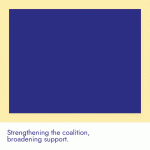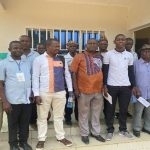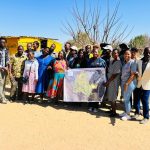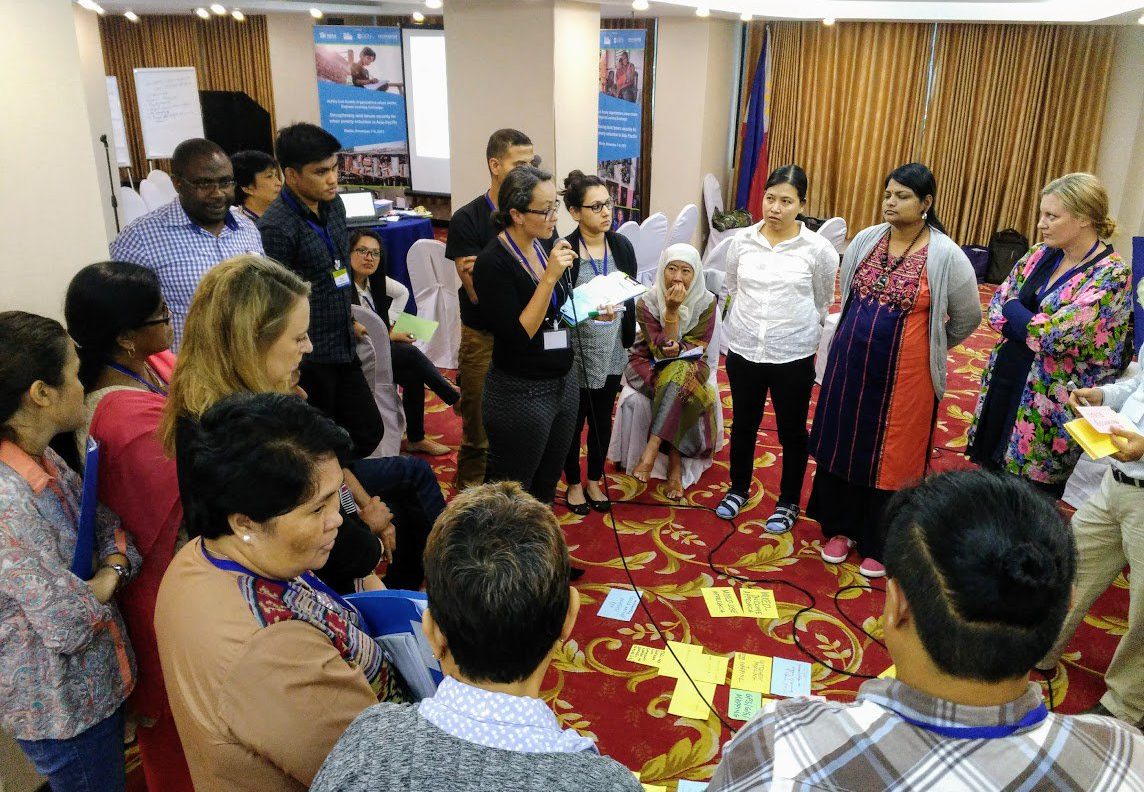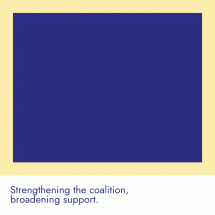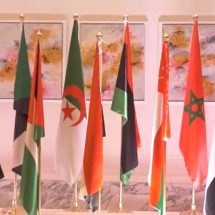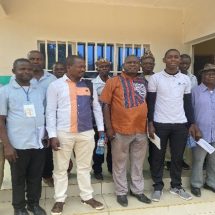Reflections from the Learning Exchange on Strengthening Land Tenure Security for Urban Poverty Reduction in Asia Pacific
From the 7th to the 8th of November, a Learning Exchange on Strengthening Land Tenure Security for Urban Poverty Reduction in Asia Pacific was organized by Habitat for Humanity International (HFHI) , in Manila, Philippines.
The learning exchange was an opportunity for GLTN CSO’s Urban Cluster Partners, HFHI’s Solid Ground Campaign partners and Regional Land Tenure Initiative members to connect, share their land tenure security and urban poverty reduction experiences in Asia and the Pacific, discuss the application of GLTN’s land tools and approaches and to build a shared understanding of the Continuum of Land Rights in Asia Pacific.
The workshop brought together more than 40 participants from Urban Civil Society Organizations in Asia Pacific region in addition to cluster partner representatives from Action Aid, ACHR, Asian NGO Coalition for Agrarian Reform and Rural Development, Habitat International Coalition, Huairou Commission, International Land Coalition, Namati, Norwegian Refugee Council, Oxfam International, Protimos and Slum Dwellers International.
The main objectives of the workshop were to;
- Discuss practical challenges, tactics and lessons learnt from the diverse experience of GLTN’s partners in the urban cluster,
- Build a common understanding around the range of land tenure options and ways to strengthen security of tenure in urban areas in Asia and the Pacific from the civil society point of view
- Share information, experience and perspectives on meeting land-related challenges, including piloting and application of a selection of innovative land tools
- Identify key aspects in which the GLTN secretariat and partners can support and collaborate with each other at the local, national and regional level

The workshop methodology was a combination of inputs from experts and interactive collaborative work from the participants. The co-production of knowledge approach was adopted to ensure the active contribution and engagement of the participants.
General presentations revolved around GLTN’s Land Tenure in Asia and the Pacific: Challenges, Opportunities and Way Forward, report, key concepts and approaches, Interactive presentations on the partner’s work and use of GLTN’s principles, resources and tools, comparative analysis of land issues and solutions. Collective note taking, to capture what participants discover, notice, feel, learn, need and would like to suggest was emphasized. Discussions also centred around around developing and promoting intermediate tenure types, alternative mechanisms for access to land, and fit-for-purpose land administration systems in Asia Pacific region were held, resulting in the identification of practical solutions that will contribute to city planning, urban land policy implementation and fostering innovative partnerships with local governments.
Special emphasis was given to empowering women, grassroots communities and vulnerable groups to advocate for the strengthening of their land and property tenure security in the Asia Pacific region.
Submitted by/Photos: Dr. Samuel Mabikke

